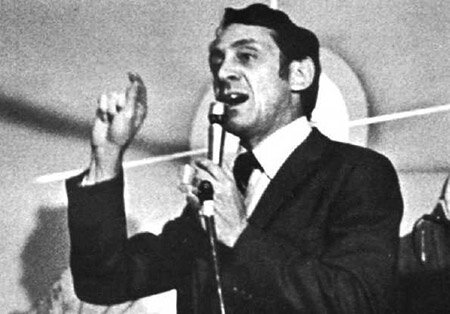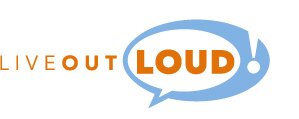 Not all movies depict LGBT people in a positive light. Live Out Loud feels it’s very important that we examine how LGBTQ characters are portrayed in movies and books to better understand public perceptions of our community.
Not all movies depict LGBT people in a positive light. Live Out Loud feels it’s very important that we examine how LGBTQ characters are portrayed in movies and books to better understand public perceptions of our community.
The movie Milk, released in 2008, tells the story of Harvey Milk, the first openly gay man to be elected to public office in the United States. Host a movie night and watch Milk! The discussion questions below will help you have a great conversation about one of the most important people in LGBT history.
You can make your movie night even more memorable by baking cookies for the movie night and asking your friends to join you for “Milk and cookies!”
Discussion Questions for “Milk.”
(Note: The questions below have been borrowed from this discussion guide.
- Examine the images and the newspaper articles used in the film’s title sequence. What do they reveal about the issues depicted in the film?
- Examine the banners and posters used in the demonstrations and comment on how these form a contrast to the newspaper articles shown in the title sequence. What does such a contrast reveal about how sexual orientation is perceived differently?
- What is the significance of the Castro both for straight and gay people?
- What does the protesting of Coors beer reveal about the gay community as depicted in the film?
- In what ways are Milk’s politics different from that of the owner of the Advocate magazine?
- Why does Milk ask his staff not to use the lift but the stairs instead in the City Hall?
- What do you think Puccini’s Tosca signifies in the film?
- Comment on the following quotes from the film: “I am not a candidate; I am part of a movement. The movement is the candidate.” /“A homosexual with power. That’s scary.” /“I know you’re angry! I’m angry!” / “Privacy is the enemy.”
- Comment on Milk’s pinning the death threat letter on the fridge. Why is his act symbolic?
- Chris Jones from Esquire states that Milk lived a theatrical life and therefore that his being killed alone in an office could be quite significant. What could be the reason(s) for Jones’s argument?
- Why does Milk call the Democratic Party “the Machine”?
- What does the film reveal about the relationship between politics, economic power and the gay movement?



 Not all movies depict LGBT people in a positive light. Live Out Loud feels it’s very important that we examine how LGBTQ characters are portrayed in movies and books to better understand public perceptions of our community.
Not all movies depict LGBT people in a positive light. Live Out Loud feels it’s very important that we examine how LGBTQ characters are portrayed in movies and books to better understand public perceptions of our community.
